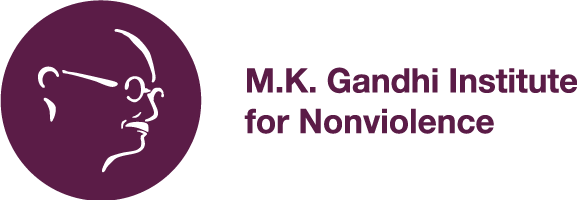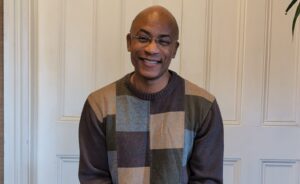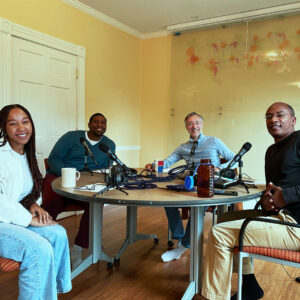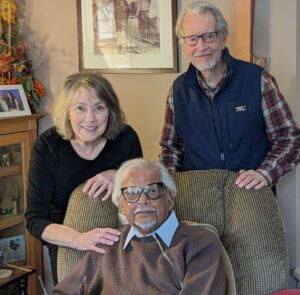I recently spent two and a half days at Eagle Rock School and their Professional Development Center (PDC) in Estes Park, Colorado. The school is an expeditionary learning school where students who’ve not thrived in traditional educational models live on campus and engage in classes that combine theory with hands on learning. The Eagle Rock Professional Development center hosts workshops on Restorative Justice, Project Based Learning, and other topics. The PDC also sends its staff train and support schools throughout the country.
Since 2015, The Gandhi Institute has supported Eagle Rock in carrying out their “Bright Spots” program in Rochester City Schools. The program visits schools implementing Restorative Practices and has a team create an “Assets Inventory”, which highlight parts of practices, programs, and school culture that create a healthy social-emotional and educational community within a school. The data is compiled and shared with school staff to provide insight on areas of strength that can continue to be fostered, and secondly provides a boost to morale and school culture. The Bright Spots program stands in contrast to the many local and state visits, and evaluations that often seem to focus on what is not working.
Action Based Professional Development
The Restorative Practices (RP) professional development I attended was skillfully facilitated by educators from Eagle Rock and New York City on the day after Donald Trump was announced as President elect. Given that participants were feeling a variety of intense emotions and responses to this news, the facilitators held space to process and integrate the unfolding events without allowing it to become the definition of the workshop. The facilitators beautifully demonstrated that the Restorative model can simultaneously hold the needs of all participants in mind while still staying goal oriented- a challenge I hear many people new to RP models identify.
The workshop was composed of a combination of community building rituals and exercises to prompt analysis of professional dilemmas participants brought from their work. Throughout the training, we looked at the challenges within our dilemmas and also created Assets Inventories to identify the resources that could be potentially utilized in testing strategies for addressing them. Visioning and strategizing dilemmas happened in a collaborative environment where I got to work with Restorative educators from East and West Coast’s whose work ranged from working at the grade and high school, to college, to community level.
Youth Leadership & Community
Throughout the workshop, participants met with Eagle Rock student leaders to get feedback on project ideas. Our group was focused on the topic of creating a healthy classroom culture. Students confirmed some of the fundamentals we outlined and shared that knowing that teachers care about them, utilizing team building activities, integrating student voice and critical thinking about topics and curriculum were all necessary elements for a meaningful learning experience. Including youth throughout the workshop made the experience collaborative and grounded both my intentions and the plans I began crafting about how to approach my dilemma when I returned to Rochester.
The community oriented school culture at Eagle Rock was apparent in my observations of student and staff interactions as well as through conversations I had with both groups. One student voiced that he’s felt compelled to become “his best self” while also studying topics that interested him. Workshop attendees were invited to sit in on all-community gatherings at the hearth where thematic discussions were led and planning for projects was made. Community culture and rituals were visible as students took part in the cooking, cleaning and maintenance of the school, as well as led conversations and activities. A powerful moment that stood out to me: while a student was sharing a story about a personal challenge he was facing, it was clear that the entire gathering was engaged in deep listening and support. At one moment, the storyteller paused, hesitating to find words. And, as if on cue, the entire room started rubbing their hands together as a collective sign of encouragement to keep going. This experience, among others, is one that I won’t forget about my visit to Eagle Rock School and demonstrates the potential for growth and actualization committed communities can have on youth and vice versa.




